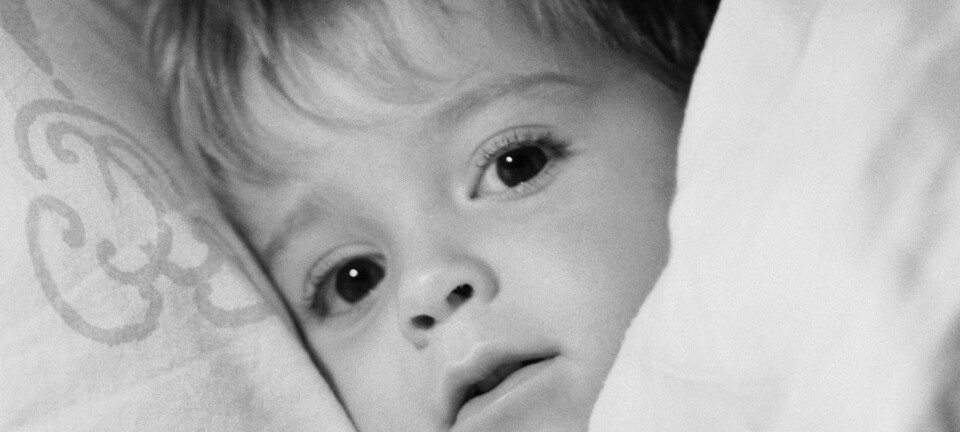An article from NOVA - Norwegian Social Research

Social media is a challenge for the child welfare service
Facebook and Instagram may put children's need for protection at risk. Researchers believe the child welfare service must work on making them safe to use.
Denne artikkelen er over ti år gammel og kan inneholde utdatert informasjon.
"Our study shows that this contact via social media may present challenges for children, but at the same time we also see how the new media may offer opportunities that did not exist before," says Hilde Aamodt, PhD candidate at the Norwegian Social Research (NOVA).
Together with colleague Svein Mossige, she has conducted a study of the importance to children in the care of the child welfare service of having contact with their parents via social media.
Impossible to control
According to Aamodt, it is impossible for the child welfare service, foster parents and social care workers to regulate or control the contact children have with their parents via social media. Even if the county social welfare boards issued decisions, it would be impossible to control such contact against the wishes of the children and their parents.
"If children and parents want to keep in touch with each other, they will always find a way of doing so via social media," says Aamodt.

Today, contact between children and their parents is regulated by law when a decision is made on who should take over care of the children. When social media create possibilities for maintaining contact outside the scope of such decisions, the basis for legally regulating the contact a child has with its parents is affected.
Creates pressure
The study indicates that social media present parents with ways to constantly exert pressure on the child. This can make the child so agitated that it affects its ability to settle in its new caregiving home and thereby prevents if from developing and forming attachments to new caregivers.
Other children may find that extended contact via social media makes it easier for them to adapt to their new home. Prior to conducting the study, it was not expected that this form of contact would be good for the child. However, the researchers have seen how extended contact has had a calming effect and has helped the child to deal with an otherwise difficult situation.
The children want help
The children want help and support in managing the contact they have with their parents when they find that the pressure proves too much.
Despite finding it sometimes difficult and intrusive, the children prefer to have the possibility of maintaining contact via social media. And since such contact cannot be regulated by law, cooperation with the parents becomes a crucial factor in facilitating the best possible type of contact that also protects the child when necessary.
In general, however, the issue of social media also offers a basis for improving cooperation. A relationship of cooperation or trust makes it easier to cooperate with parents on other issues.
"The child welfare service must do more to establish a better atmosphere of cooperation with parents and foster parents. The child welfare service is particularly well placed to achieve this," Svein Mossige comments.
-------------
Read the Norwegian version of this article at forskning.no


































